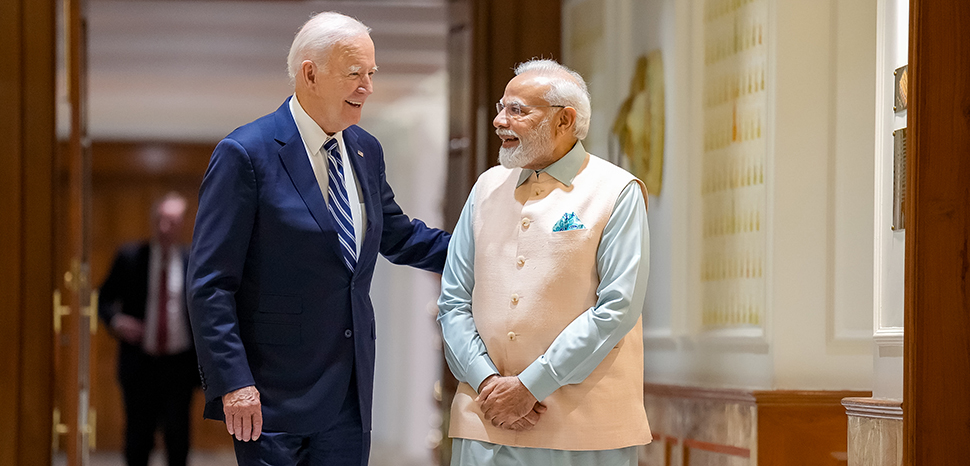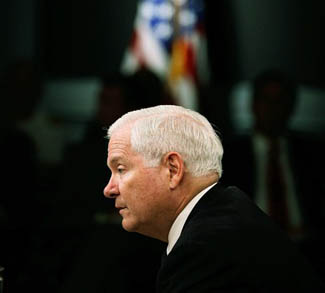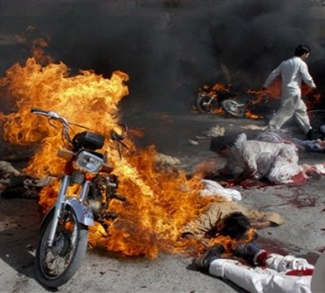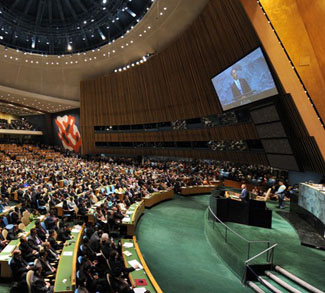In the aftermath of a recent bilateral joint statement, billboard screens on trucks in New York City displayed the message “Hey Joe! Ask Modi!” referring to Modi as the “#CrimeMinisterOfIndia” in reference to India’s alleged human rights failures. The diplomatic statement has raised concerns regarding Washington’s approach towards India’s democratic values and human rights situation. The text itself refers to these values as “shared values” between the two nation-states; but it comes as a surprise to some advocates of democracy given that it seems to overlook India’s poor democratic values and human rights violations, thereby compromising the United State’s democratic and liberal credentials.
Since 2005, the US-India partnership has developed at an expeditious pace. But looking at the track record of human rights violations and one-party democracy in India, the US has compromised its democratic image by characterizing India’s undemocratic tendencies as shared values of both countries. President Biden’s emphasis on the “defense of democracy” as a core principle of his administration is commendable but sounds hollow in view of the rockstar treatment of Modi in Washington.
It is significant to note that Modi, who was once denied a US visa for “severe violations of religious freedom,” is being embraced by the US despite concerns about his actions and their impact on Indian democracy. Initially, PM Modi was accused of condoning the violence during the Gujarat riots in 2002. Then, there were claims that police and government officials allegedly directed the rioters and provided them with lists of Muslim-owned properties.
Modi’s track record ever since has been deplorable. His government has a history of targeting religious and ethnic minorities, tightening its grip on civil society groups through draconian laws, and using technology to restrict free speech and impose internet shutdowns, all of which have led to serious concern over the erosion of rights, unsettling activists.
US treatment of Modi has led to accusations of hypocrisy in US foreign policy by several commentators. As India ascends to the global stage, its democratic stature is undermined by recent occurrences of communal violence, discriminatory practices, conversion laws, and persecution. According to available data, cow vigilante acts led to over 50 fatalities between 2016 and 2020, with a significant increase in numbers during recent years. The implementation of the controversial Citizenship Amendment Act in India has further triggered heated discussions and debates regarding religious freedom and pluralism in the nation.
Since 2015, democratic norms have significantly deteriorated in India. Its democratic score declined from a peak of 7.92 in 2014 to 6.61 in 2020, leading to a drop in its global ranking from 27th to 53rd. This decline is attributed to the phenomenon of democratic backsliding under Modi’s leadership. His portrayal of India as the “Mother of Democracy” lacks credibility, given the alleged use of his office and personal popularity to propagate religious and ethnic hatred, using it as a political tool. Critics within India have labelled him as a rape apologist and the leader of the Hindutva cult, which advocates for Akhand Bharat – a concept that seeks to transform the entire subcontinent into a Hindu state, potentially leading to the persecution of non-Hindus and infringing on their human rights. It also shows how the hegemonic design of Hindutva ideology is destabilizing the regional security of South Asia. The anti-democratic credentials of the current Indian regime are enough proof of Modi’s lack of commitment towards democratic norms.
The joint statement is focused on strengthening Indo-US Strategic and Defense Partnership. It has acknowledged India’s participation in the Artemis Accords for space exportation. Further, both states have committed to strengthening their technological partnership by developing the Initiative on Critical and Emerging Technologies (iCET) arrangement. Biden has also reiterated US support for India’s permanent membership in the United Nations Security Council. Moreover, a MoU was signed to manufacture GE F-414 jet engines in India, and the leaders highlighted the ongoing negotiations between the Nuclear Power Corporation of India Limited (NPCIL) and the World Energy Council (WEC) for nuclear reactors. Through these deals, the US is propping up India as a counterweight to China. But this has also strengthened the Hindutva regime of Modi in India. Liberal and democratic values are being sidelined by the US for geopolitical ends.
The mention of “shared values” between the US and India, despite the increasing undemocratic tendencies of the Modi government, poses a dilemma in this joint statement. The United States is not prioritizing human rights issues as stringently as before while dealing with certain allies, leading to accusations of double standards. Thus, if Washington cares about its credibility, it should be more consistent in upholding its commitment to democracy, liberty, and human rights, irrespective of its geopolitical ends.
The views expressed in this article belong to the authors alone and do not necessarily reflect those of Geopoliticalmonitor.com.




